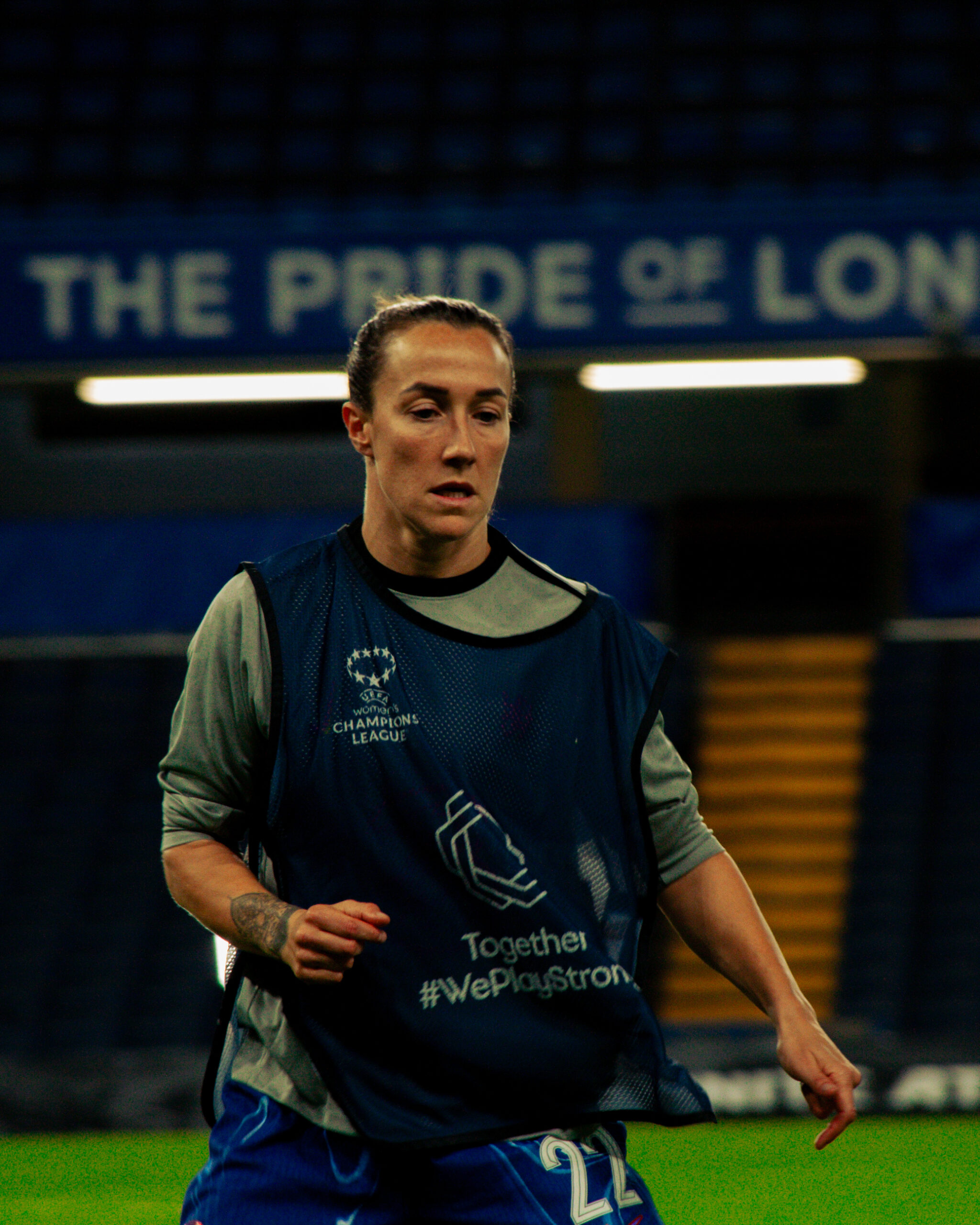This week marked Neurodiversity Celebration week. With the game of women’s football growing more and more every day, it is incredibly important to talk about neurodiversity as it is something that impacts players, fans, and managers that are currently creating a safe space for the young girls and boys growing up with an interest in women’s football and sport.
It is evident that having prominent figures, such as players, for young people to find similarities with, increases their ability to feel comfortable within themselves and included within the safe environment we hope to continue to create within women’s football. Linking back to the Euros, we saw how young girls were inspired to take up football after seeing players who represented them in a sport that had long been regarded as male-dominated. While progress has been made, meaningful change takes time, which is why it’s essential to keep pushing forward. This is why raising awareness and celebrating neurodiversity is so important – it helps create an inclusive and empowering environment for everyone in the game.
One of England’s top defenders, Lucy Bronze, has recently opened up about her late diagnosis of autism and how living with ADHD has shaped her life. Her story sheds light on the challenges and unique experiences she has faced, inspiring others by showing that neurodiversity is not a barrier to success, even at the highest levels of sport. Talking with Alex Scott, she explored her advantages and difficulties growing up seeing “things differently to others”.
Bronze has become one of the most recognised women’s footballers. With a career that has seen her come close to winning nearly every accolade in football, Lucy Bronze has become an inspiration to countless young girls. While she and her family suspected for years that she may have autism, it wasn’t until four years ago that she was officially diagnosed with both autism and ADHD (Attention Deficit Hyperactivity Disorder). Her journey serves as a powerful reminder that neurodiversity is part of the stories of some of the most accomplished individuals in sport.
Something that she struggles with is making eye contact with people during conversation, alongside her habit of touching her hair during games, which had been noticed by team-mates and fans alike.
Bronze learned she had ADHD and autism, during a camp with the Lionesses. She expresses:
“It didn’t change anything essentially, but it was a bit of an eye opener.”
“I just learned more about myself, understood why in certain situations I saw things differently to other people or acted in a different way to other people.”
“Getting to sit down and actually speak through my traits and how it affects me, situations that make me feel good or bad, that was the thing that really clicked in my head and made me feel so much better.”
Bronze became an ambassador for the National Autistic Society, helping raise awareness and remove the stigma around neurodiversity.
She explained:
“There were times in my life where things might have been easier for me if there wasn’t a stigma, if I felt I could be more open about it.”
“Being misunderstood when you’re younger is so difficult, which is why I wanted to join the charity.”
A survey completed by the PFA has found that 60% of professional footballers who have reported they hold neurodivergent traits haven’t disclosed them to their club or team. This percentage assesses 700 members of the Professional Footballers Association, covering athletes globally in relation to neurodivergent conditions such as dyslexia, ADHD, autism and dyspraxia.
Safia Middleton-Patel, Manchester United and Wales goalkeeper, was diagnosed with autism two years ago. She told BBC Sport that she is “not surprised at all” by the results of the survey. She explains how she is delighted by the role of the PFA and their act in creating a greater understanding of neurodiversity within the women’s game, as awareness and understanding is something she didn’t always experience in the past, growing up with neurodivergent qualities.
She explained:
“I know what it’s like to be dropped from a club because they say you’re too argumentative and you’re too difficult and we can’t handle you… They [the club] are very, very understanding. And if they don’t understand, they will always pull me aside for a chat. They won’t ever have a go and be like, ‘why’ve you said this, why you’ve said it like that’. They want to understand me more than anyone else.”
Lucy Bronze and Safia Middleton-Patel are two examples of inspiring athletes who hold neurodivergent conditions. Simone Biles, Olympic gold medal winner is also one of the most well-known advocates for understanding neurodivergent conditions. The USA gymnastics champion has ADHD; she is a strong voice on the importance of wellbeing and mental health. Simone has 4 Olympic Gold medals, 1 Silver and 2 Bronze; and a total of 32 Olympic and World Championship medals. She is considered by many to be the greatest gymnast of all time, demonstrating that neurodivergence shouldn’t hold anyone back from believing in themselves to go on to achieve their aspirations and goals in life.
To continue the growth of women’s football and sustain a safe and inclusive future for all growing up with a passion for the game, it is extremely important that we use our voices in spreading awareness and knowledge of topics such as neurodiversity. This week is dedicated to celebrating neurodiversity and breaking down the stigma that still surrounds neurodivergent individuals. It’s a time to foster understanding, promote inclusion, and recognise the unique strengths and perspectives that neurodivergent people bring to every aspect of life.



